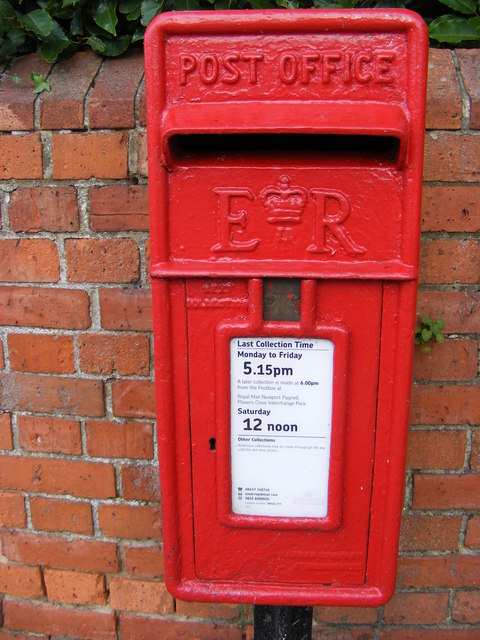
The republicans, who believed in democracy and human rights for everybody, ultimately even for slaves and foreigners. Had they lost, they would have been remembered like Adolf Hitler, who besides a similar taste in symbols, propaganda and military conquest also largely agreed with the Caesars on the nature of mankind and the best way to run it - namely by killing everybody who thought outside the imperial box, which meant predominantly Jews and Christians before Christianity itself became imperial thanks to Constantine (see our article on the name Caesar for more on this).įrom the beginning of the last century BC, the Roman republic's elite began to crystallize into two main parties: History has traditionally looked kindly upon Julius Caesar and Augustus for the simple reason that they won. It's often overlooked that if scholars had only stuck with Aristotle's scientific method and rejected the allures of Plato's speculative philosophizing, the industrial revolution might have happened 1,500 years earlier (see our articles on the names Zenas and Antichrist). The name Alexander is obviously reminiscent of Alexander the Great, who not only conquered the world but also "converted" it to Aristotle's philosophy. Here at Abarim Publications we surmise that Simon represents Cyrene-based Jewish intellectual resistance against Roman totalitarianism, and his sons Alexander and Rufus similar movements in the Greek and Roman worlds respectively. In our article on the name Cyrene we show how Cyrene was home to an extensive Hellenistic and Jewish learning center. In fact, to the occupied nations of the Roman empire, the gospel of Jesus Christ was nothing short of a manifesto of peaceful resistance against Roman totalitarian rule and its insane imperial cult - read our articles on Onesimus and Pilate for a more detailed discussion of this. #RUFUS MEANING CODE#
The New Testament is riddled with a kind of literary code that allowed Christians to transmit sensitive data hidden in plain sight ( Ephesians 5:19, Colossians 3:16). And why were Rufus and his mother in Rome and not in Cyrene (or Jerusalem)? And finally, why did Paul add a long list of howdies to folks all over the eastern Roman empire to a letter he was sending west to Rome? Why indeed would Paul have sent such an incriminating list of the personal names of illegal Christians quite literally into the lion's den?

However: the name Rufus was a very common Roman cognomen (a formal nickname) and it wouldn't have been too difficult to find two of them between Jerusalem and Rome, also since there are roughly 25 years between the crucifixion and Paul's letter to the Romans. This in turn opens the possibility that the previous Rufus is the same as the Rufus to whom and whose mother Paul sends his greetings at the conclusion of his letter to the Romans ( Romans 16:13).Rufus' brother was called Alexander, and the fact that we know about them strongly suggests that the three of them were well-known players in the Jesus movement. The first Rufus we hear about is one of two sons of Simon of Cyrene, who was pressed into carrying Jesus' cross to Golgotha ( Mark 15:21).

Two are mentioned but many commentators generously submit that these are "probably identical" (in the words of Spiros Zodhiates, The Complete Wordstudy Dictionary, New Testament).

It's not clear how many men named Rufus there are in the Bible.







 0 kommentar(er)
0 kommentar(er)
